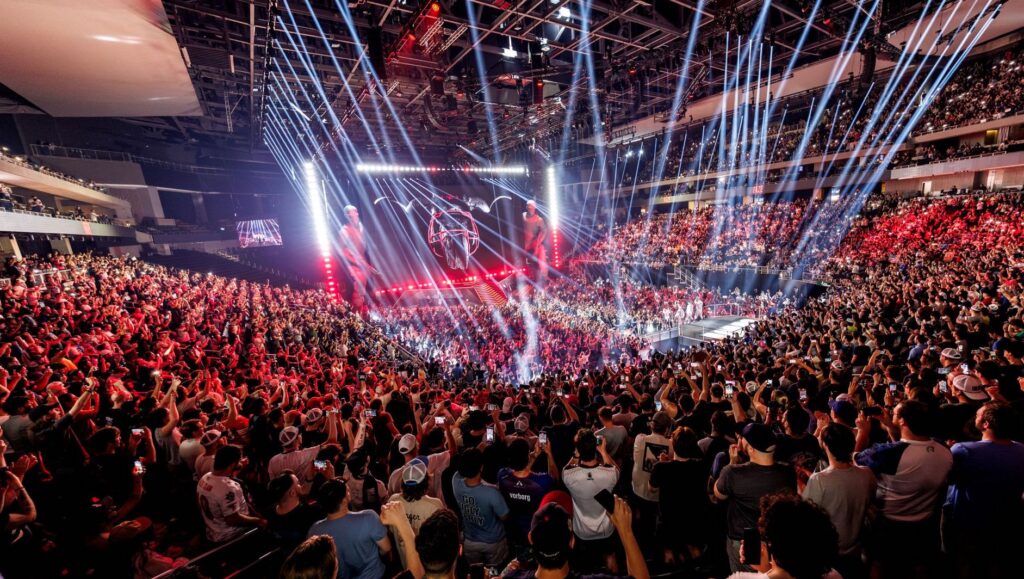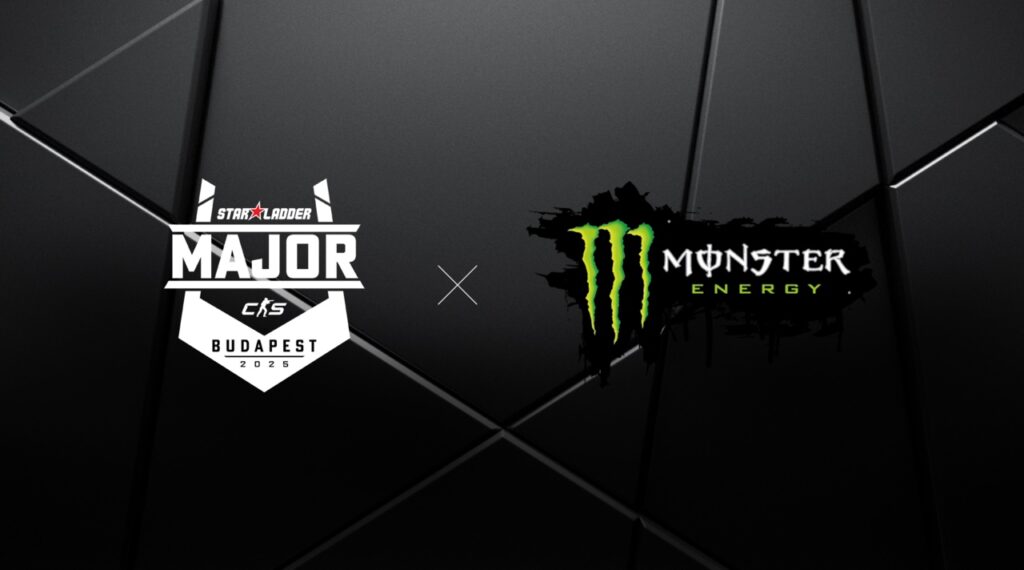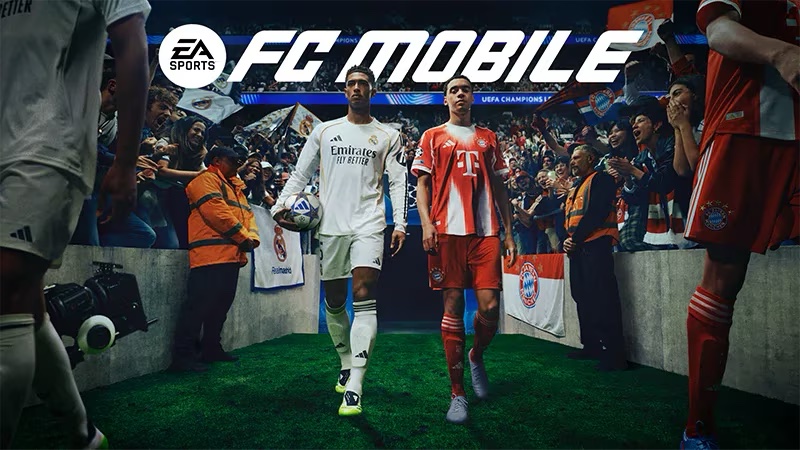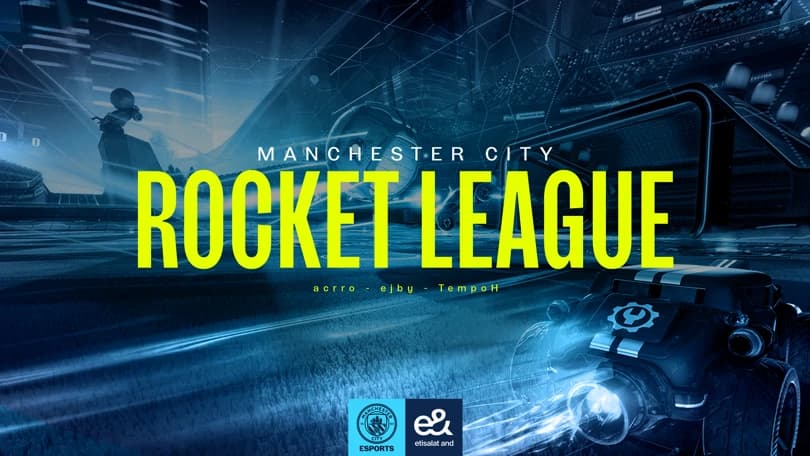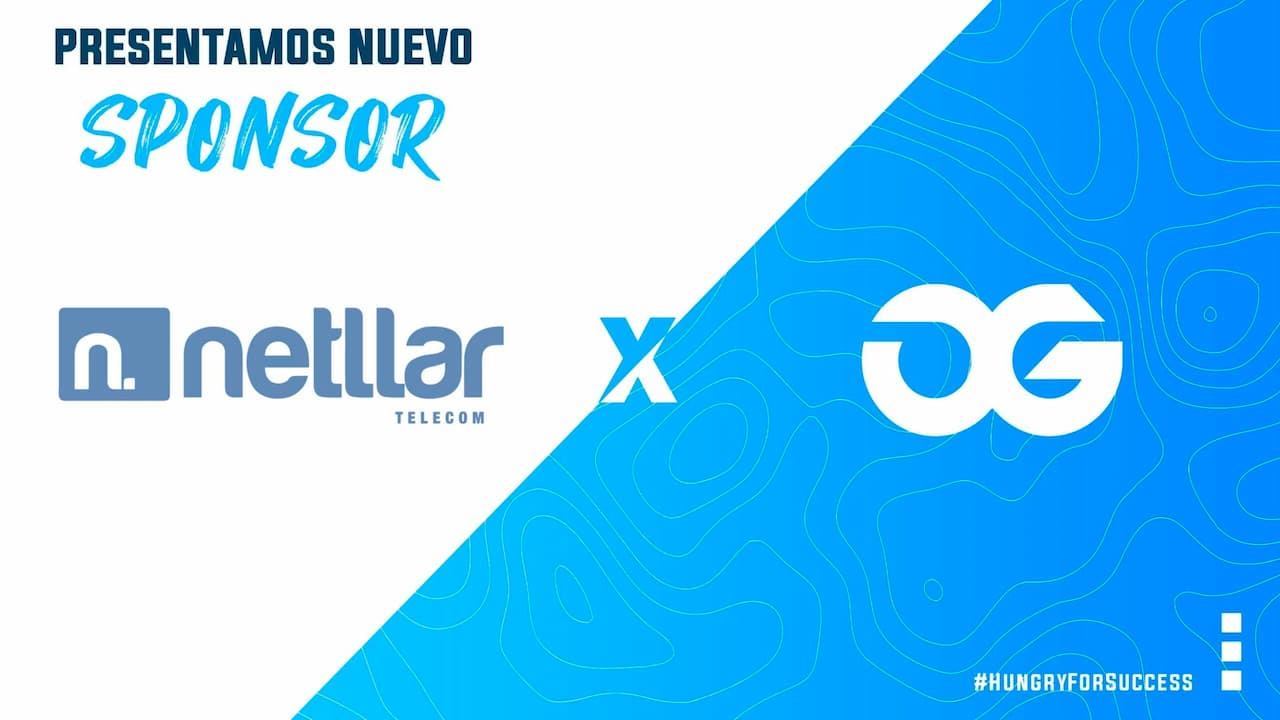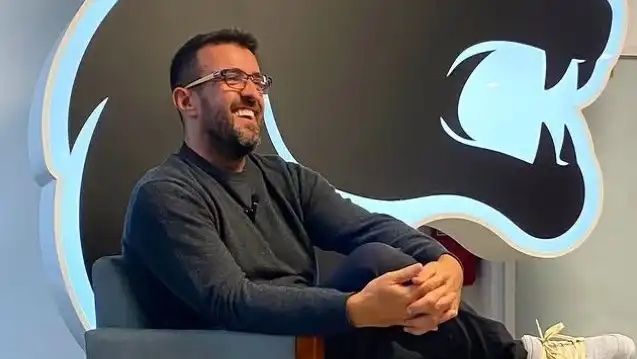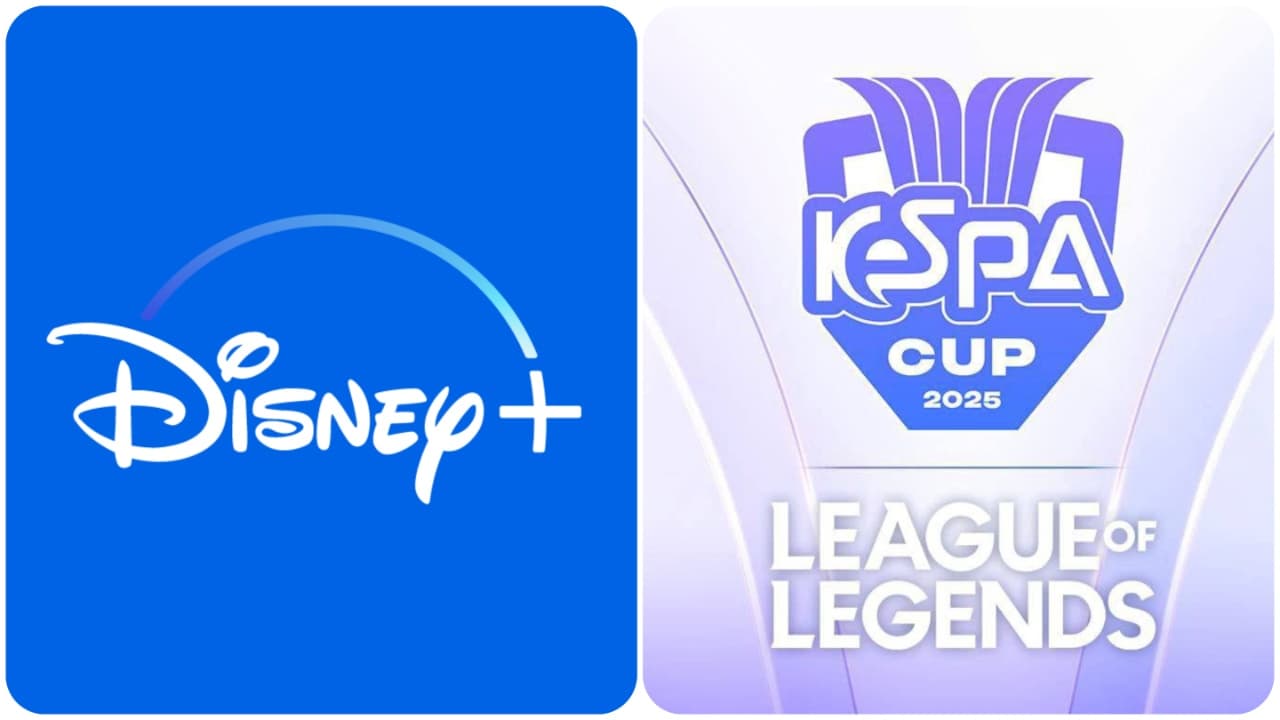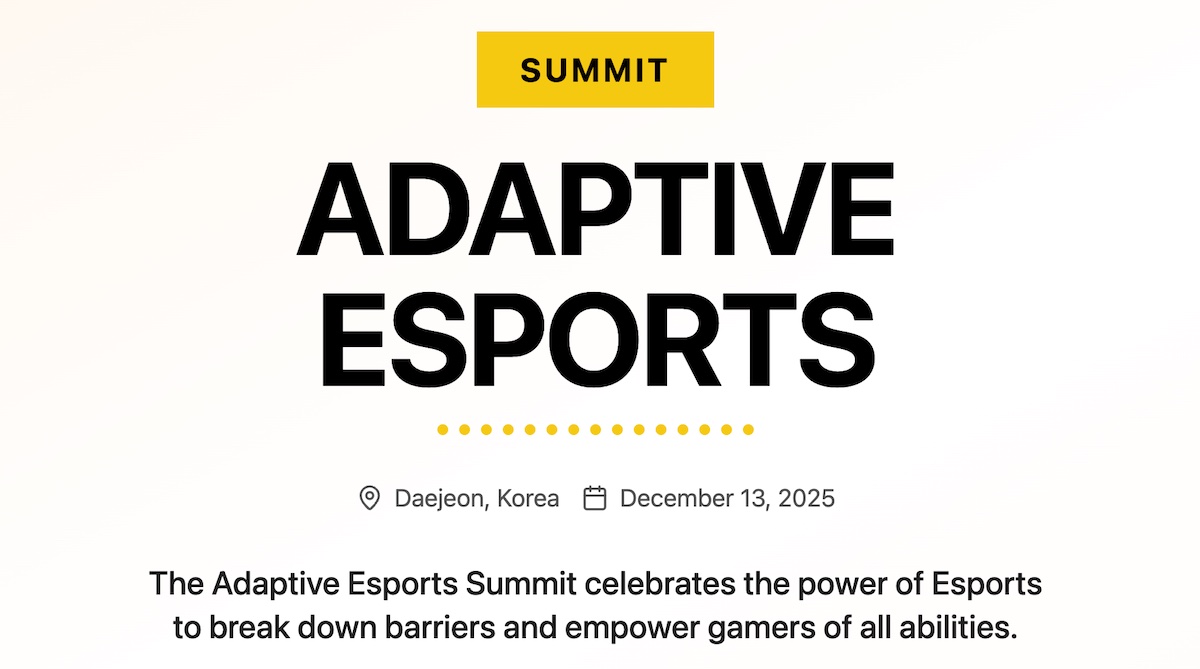On 29 August, the NGO Grupo Cultural AfroReggae will stage the Copa AfroGames 2025, described as the largest esports event ever held inside a Brazilian favela. Taking place at the AfroGames Arena in Cantagalo, a hillside community in Rio de Janeiro’s South Zone, the event will feature live finals in Free Fire, VALORANT, and Fortnite, with on-site commentary, cultural performances, and an audience made up largely of young people from vulnerable communities across Brazil.
The programme will also include the panel “Dia do Gamer é na Favela” (“Gamer Day is in the Favela”), bringing together figures from the gaming industry and the social innovation sector to discuss the role of video games in community development and the opportunities created by AfroGames — an initiative that trains young people in technology, esports, and game creation directly within underserved neighbourhoods.
AfroGames operates multiple headquarters across Rio de Janeiro, each equipped with high-performance computers, stable internet, and classrooms for English, programming, and digital skills. It also runs a dedicated esports arena for practice and competitions, with further sites planned.
Since 2022, the programme has widened its reach. “We have expanded the number of students served and organised training into modules, allowing for a more structured follow-up of learning paths,” said AfroReggae Social Director, Karla Soares, to The Esports Radar. She noted that families’ views have evolved: “Families, who often viewed games with suspicion, have come to understand their potential as a tool for transformation, access to new opportunities, and entry into the digital market.”
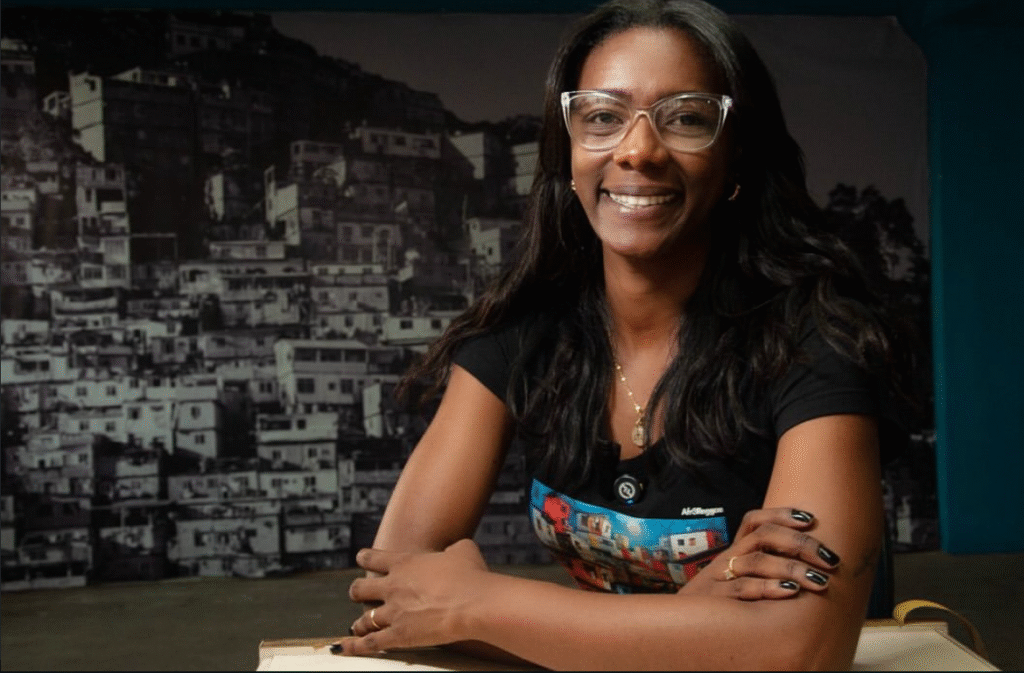
AfroGames reports that some alumni have moved into technology jobs outside gaming, while others have pursued careers as professional players, streamers, content managers, and developers. Two participants secured public arts grants worth around $18,000 each to launch their own projects.
“We’ve seen great progress in socio-emotional skills such as self-esteem, discipline, teamwork, and communication,” Soares said. “It has also helped students stay in school, as they start to see new possibilities for the future through education, digital culture, and belonging.”
Before joining AfroGames, Soares worked in social impact projects and community inclusion. “The games are a powerful language among Black and marginalised youth, and esports represent a gateway to a growing market, but one still not very accessible to these groups,” she explained. “I see this ecosystem as fertile ground for inclusion, innovation, and talent development.”
AfroGames’ partners include telecom infrastructure company IHS Towers, Ambev (Guaraná Antarctica), Gol airlines, Logitech G, and Maxracer. Looking ahead, Soares said the project aims to expand into more communities across Rio. “Our commitment is to social transformation, focusing on generating real and lasting opportunities for those who need it most.”




